Recently, the Vietnam Association of Seafood Exporters and Producers (VASEP) sent a petition to the Prime Minister and ministries and branches to strengthen and increase the competitiveness of the seafood industry.
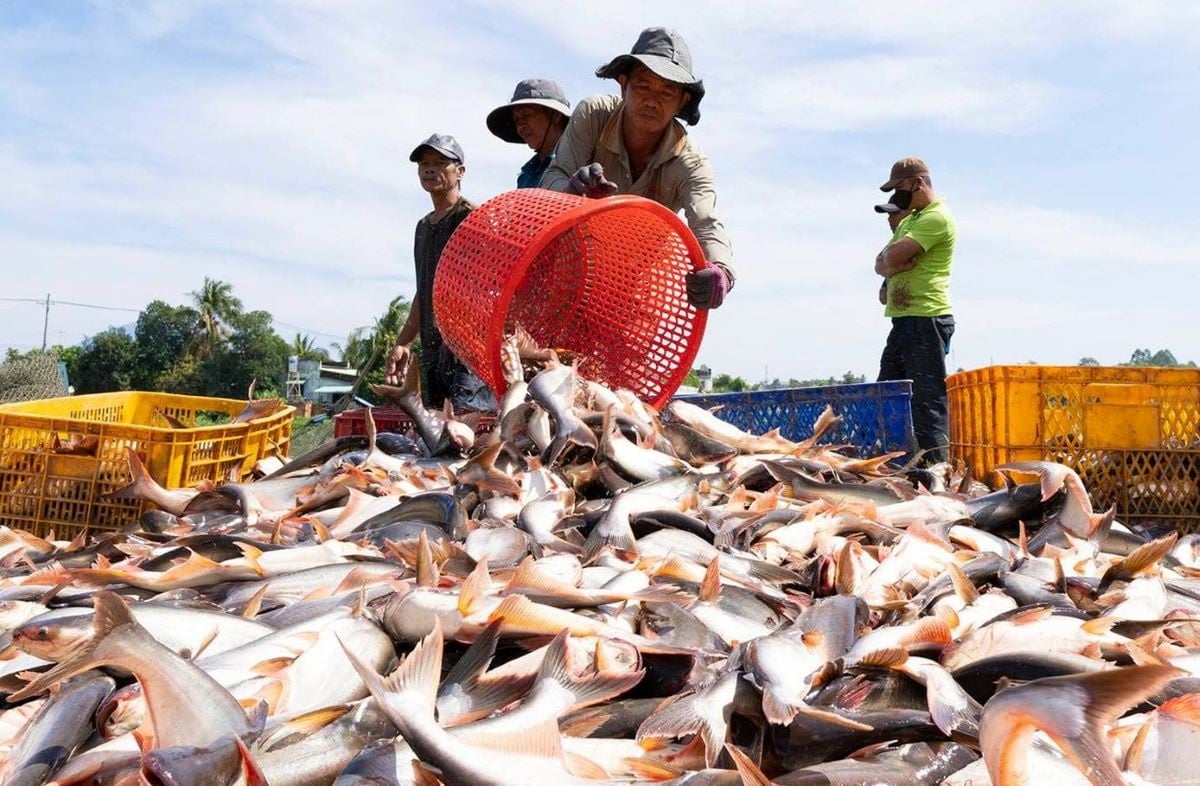 |
Accordingly, VASEP recommends that the Prime Minister, the Ministry of Industry and Trade, and the Ministry of Agriculture and Rural Development actively support the US anti-subsidy investigation into the Vietnamese shrimp industry, so that the shrimp industry can overcome the investigation stages in the coming time; Recommend that the Government, the Prime Minister, and the Ministry of Industry and Trade pay attention to and direct the consideration of abolishing the quota on Vietnamese shrimp exported to Korea within the framework of the VKFTA Trade Agreement during the review period in 2024.
From the current situation of high prices of aquaculture feed, which is the main factor making it difficult for Vietnam's aquaculture products to compete with other countries, VASEP recommends that the Government and the Prime Minister have a policy to control feed prices to stabilize raw material costs and increase the competitiveness of Vietnam's aquaculture. Specifically, reduce the import tax on soybean meal for fish feed production to 0% and calculate a single price for electricity for shrimp farms.
Regarding shrimp and pangasius breeds, in order to ensure quality raw materials for production and reduce production costs, VASEP recommends that the Ministry of Agriculture and Rural Development summarize the pangasius breed program that has been implemented and have specific support policies for pangasius breed production units according to standards; strengthen control of breed quality, ensuring that there are no poor quality or disease-prone breeds on the market.
VASEP also recommended that the Prime Minister and the Ministry of Agriculture and Rural Development direct the review and examination of current food safety control regulations of Vietnam and Europe; accordingly, adjust and amend the regulations on food safety control of imported seafood raw materials for processing and export to the EU.
At the same time, it is recommended that the Ministry of Agriculture and Rural Development consider changing the regulations in the current IUU traceability confirmation process, which is to issue a S/C exploitation confirmation certificate immediately to the cargo owner when the cargo owner has completed unloading raw materials from the ship under the supervision of port staff regarding the type, volume... at the fishing port.
In addition, VASEP also recommended that the Ministry of Agriculture and Rural Development consider supplementing quarantine regulations for aquatic products that are converted for domestic consumption and are imported for export production or export processing.
Finally, the Association recommends that the Prime Minister and the Ministry of Agriculture and Rural Development pay attention to directing two important tasks: Establishing a raw material input data system, connecting from fishing ports to the central government, and having a plan to build a seafood auction market. Because this is the infrastructure to lay the foundation for sustainable fisheries development and marine economy.
According to VASEP, in 2023, seafood exports to most markets will decrease compared to 2022. The top 5 markets including the United States, Japan, China, Hong Kong (China), EU and South Korea all decreased from 11 - 28% compared to 2022.
In 2024, it is forecasted that there will be many uncertainties in the world market. The seafood business community continues to expect the support and assistance of the Government and agencies, ministries and branches by promptly removing the remaining obstacles that are affecting the production and business activities of the seafood industry.
Source link





![[Photo] Magical moment of double five-colored clouds on Ba Den mountain on the day of the Buddha's relic procession](https://vphoto.vietnam.vn/thumb/1200x675/vietnam/resource/IMAGE/2025/5/9/7a710556965c413397f9e38ac9708d2f)

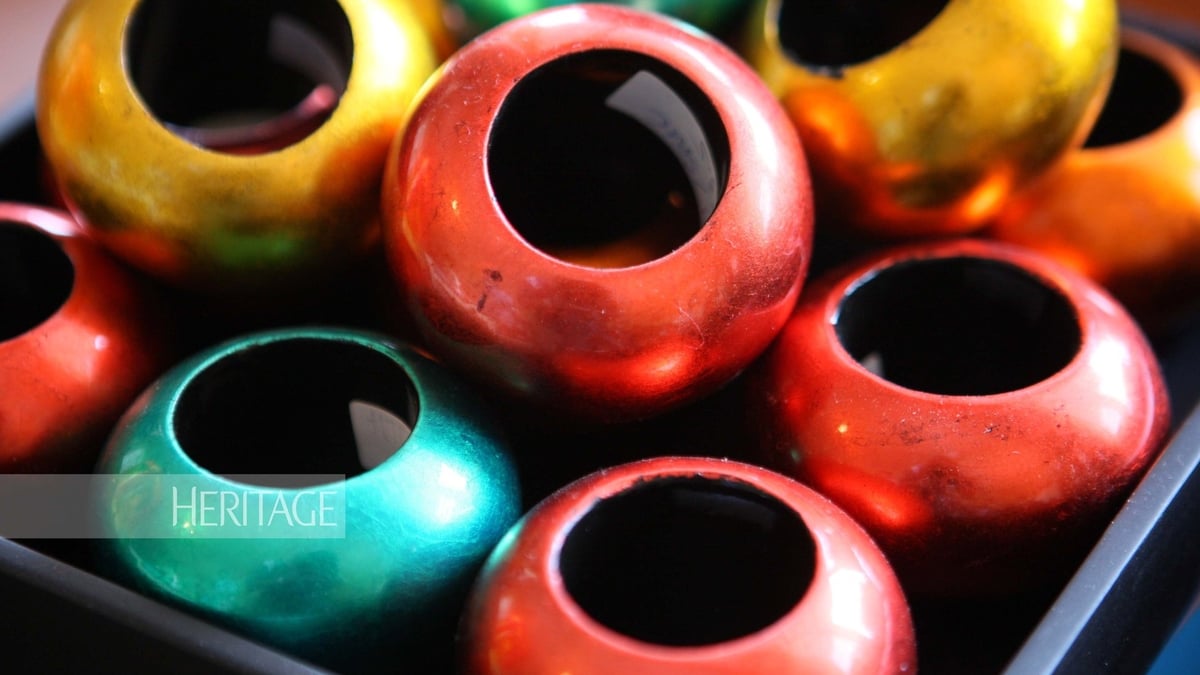
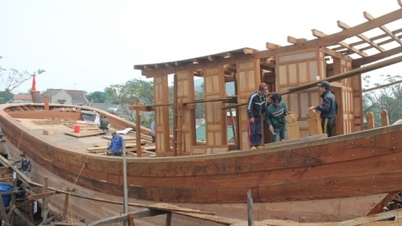

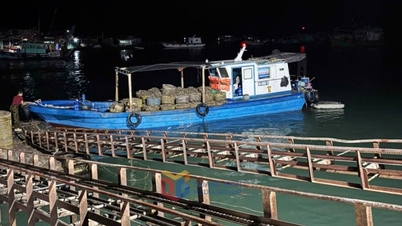



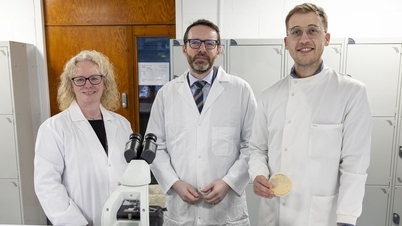

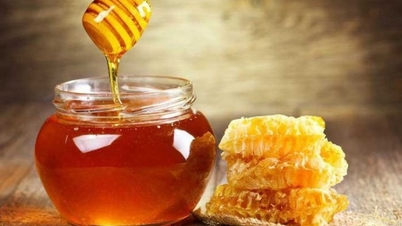

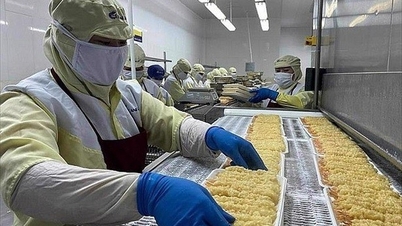

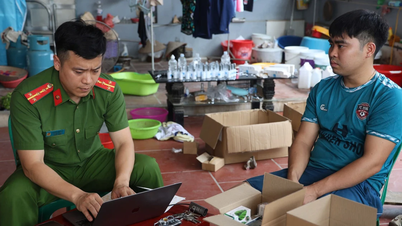

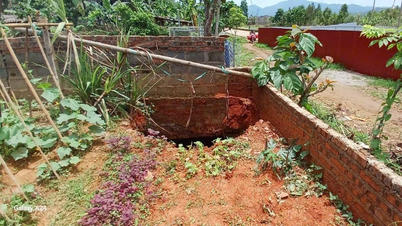
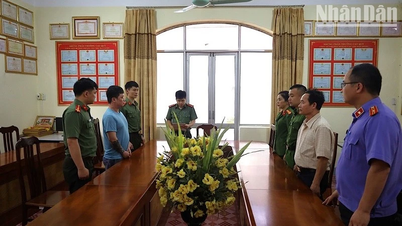

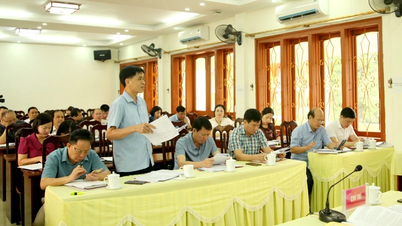




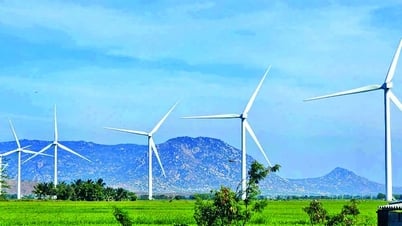
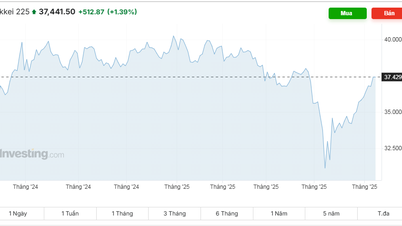


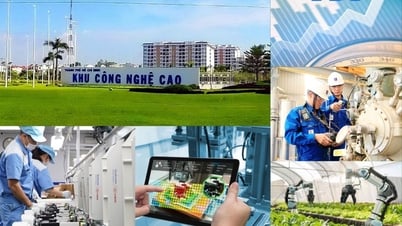

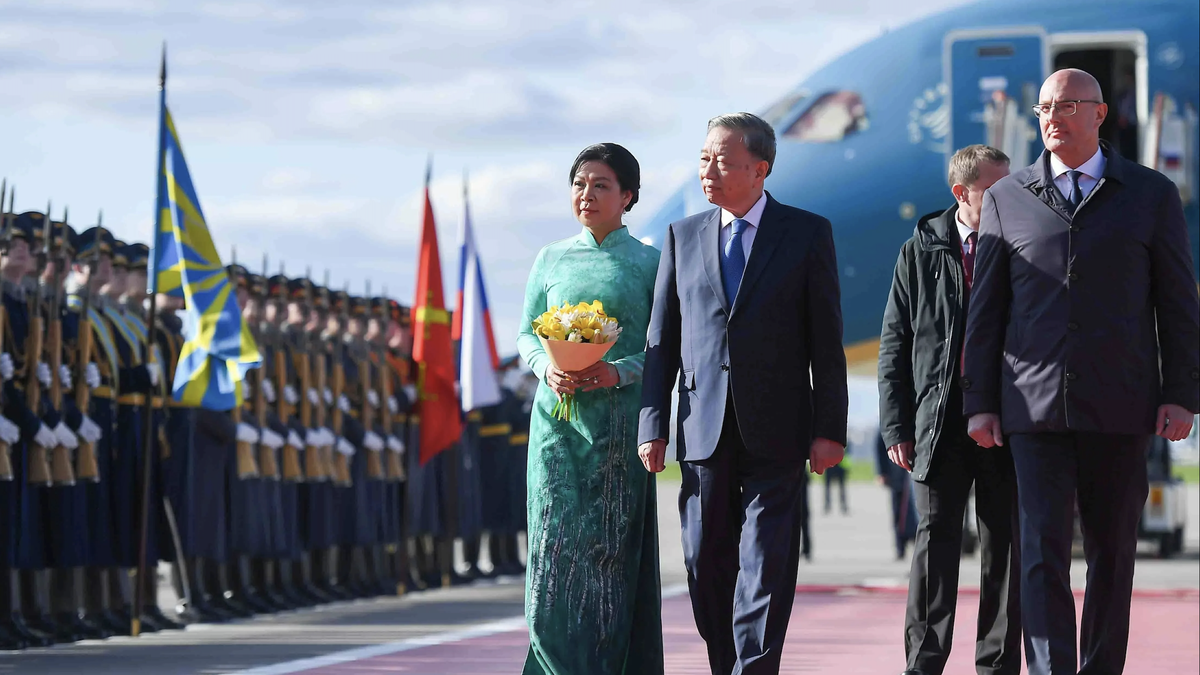
![[Photo] General Secretary To Lam begins official visit to Russia and attends the 80th Anniversary of Victory over Fascism](https://vphoto.vietnam.vn/thumb/1200x675/vietnam/resource/IMAGE/2025/5/8/5d2566d7f67d4a1e9b88bc677831ec9d)

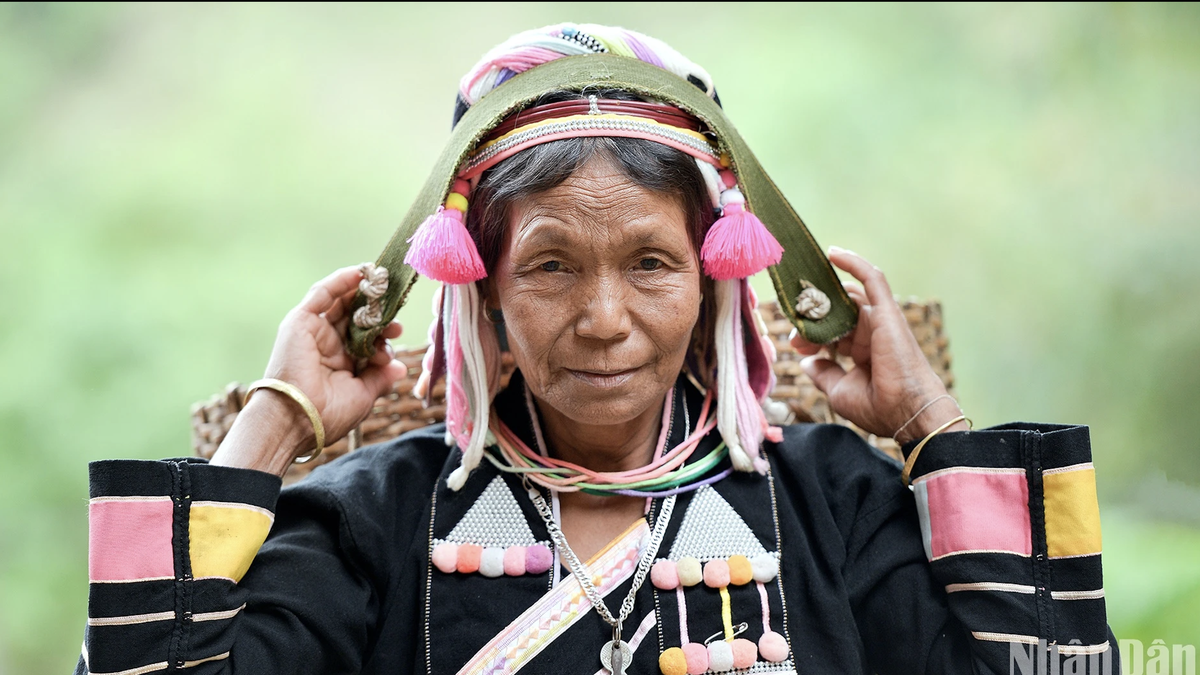







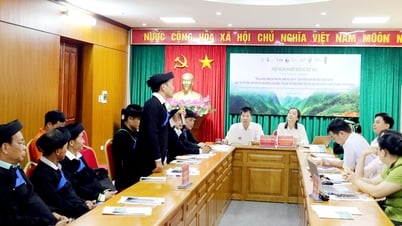

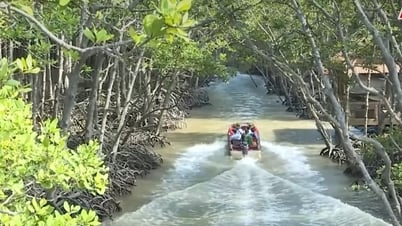




















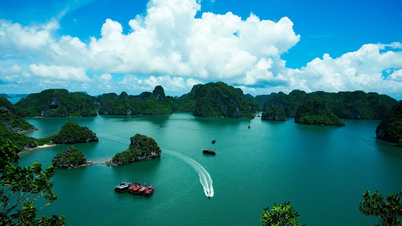
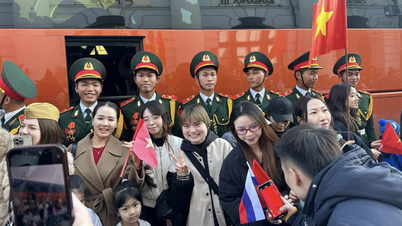



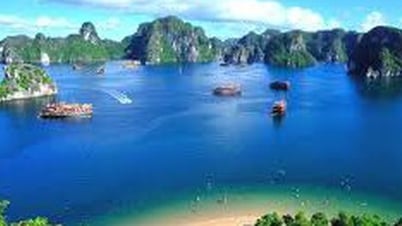


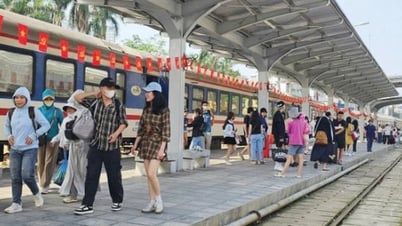
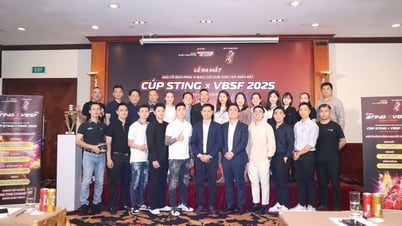

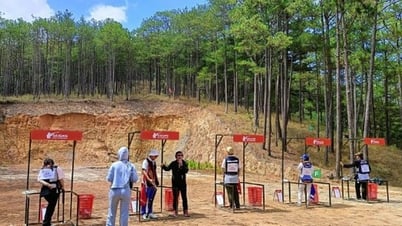
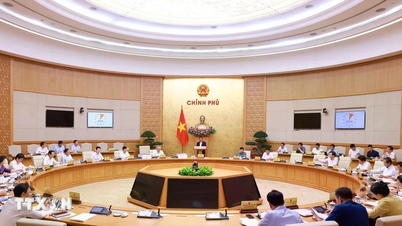

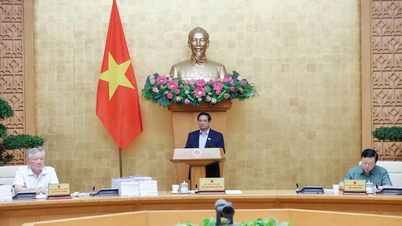

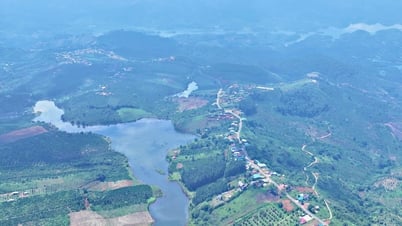

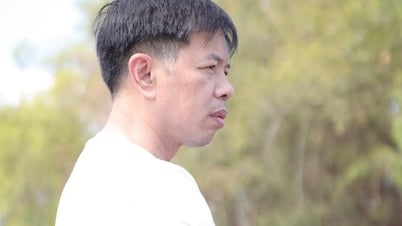

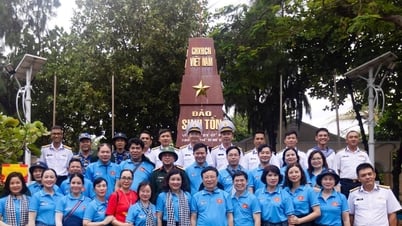

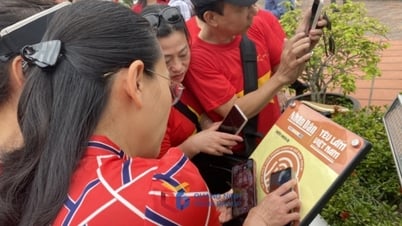











Comment (0)